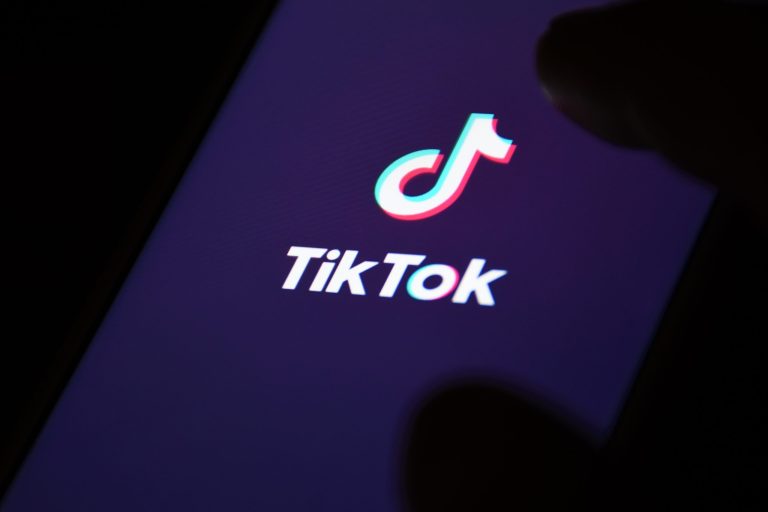Chinese technology firms, including TikTok, face mounting pressure in Europe as compliance with the General Data Protection Regulation (GDPR) takes centre stage.
The latest privacy complaints filed by advocacy group Noyb (None Of Your Business) could potentially result in fines amounting to 4% of the global revenue for each company.
The EU’s stringent data laws, designed to protect citizens’ information, have spotlighted alleged illegal data transfers to China by TikTok, Shein, Xiaomi, AliExpress, Temu, and Tencent’s WeChat.
EU tightens scrutiny of data transfers
The GDPR mandates that user data transfers outside the EU are permitted only if the destination offers protection equivalent to EU standards.
China’s status as a state with extensive surveillance practices has triggered significant concerns.
Noyb’s complaints highlight instances where these companies allegedly failed to adhere to these requirements, either by transferring data directly to China or routing it to undisclosed destinations with inadequate safeguards.
TikTok’s data handling has been under particular scrutiny due to its massive user base in the EU.
In 2023, TikTok reported 150 million active users in Europe, making it one of the region’s most widely used social media platforms.
Regulators worry that sensitive personal information could be accessed by Chinese authorities, an issue exacerbated by growing geopolitical tensions.
Shein and Temu, prominent e-commerce platforms, are also in the spotlight for similar reasons. Both companies reportedly store customer data in jurisdictions that fail to meet GDPR requirements.
The implications extend beyond compliance issues, as these practices raise questions about consumer trust and corporate transparency.
Potential consequences for Tiktok and other companies
Fines under the GDPR are among the most severe in the world, capped at 4% of a company’s annual global turnover or €20 million, whichever is higher.
For TikTok and its peers, this could translate into billions of euros in penalties, alongside reputational damage.
The EU has previously imposed significant fines on American companies such as Meta and Amazon, demonstrating its commitment to enforcing data protection standards without bias.
Beyond monetary penalties, these firms could face operational restrictions, such as suspension of data flows to China unless they implement measures to ensure GDPR compliance.
These requirements could increase operational costs, particularly for firms relying on cross-border data processing to enhance customer experiences and personalise services.
While some companies have pledged to improve their data handling practices, Noyb’s actions signal that self-regulation may no longer suffice.
European authorities are intensifying their efforts to create a level playing field, ensuring that foreign entities operating within the bloc adhere to its legal framework.
Broader implications for global tech firms
The EU’s proactive stance on data privacy could influence regulatory trends worldwide, particularly in jurisdictions that are currently less stringent.
This is likely to affect not only Chinese firms but also global technology companies seeking to maintain operations in Europe.
As regulatory scrutiny intensifies, businesses may need to reconsider their data governance strategies.
Implementing robust data protection frameworks, including localising data storage within the EU, could become a standard practice for firms looking to avoid hefty fines and maintain consumer trust.
For European consumers, these developments highlight a broader commitment to safeguarding privacy rights.
However, they also underscore the complexity of enforcing these protections in a globalised digital ecosystem where data flows transcend borders.
The GDPR’s emphasis on accountability serves as a reminder that data protection is not merely a legal obligation but a critical aspect of maintaining a competitive edge in the increasingly regulated global market.
As the EU targets non-compliance, Chinese technology firms face a pivotal moment that could redefine their operations and strategies in Europe.
The post TikTok and five other Chinese firms could face GDPR penalties in the EU appeared first on Invezz

